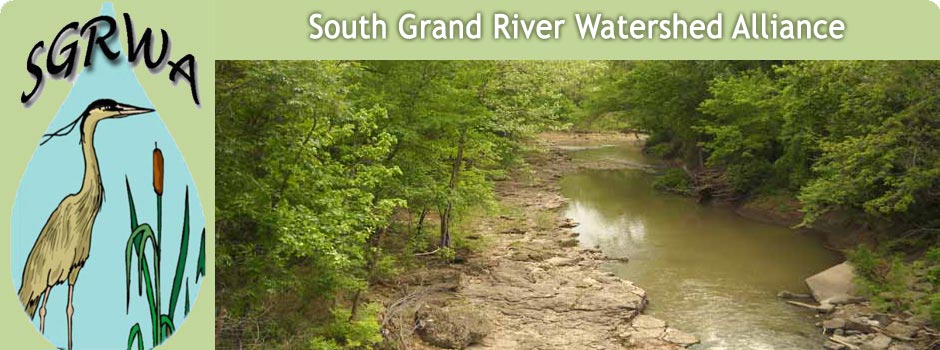The impervious surface of streets and parking lots can become very hot and affect the quality of the waters in our waterways? Stormwater runoff from these heated surfaces is often higher than the temperature of the stream waters it enters. Water chemistry in streams is affected by several factors —water temperature is one of those factors. Warmer waters decrease the amount of dissolved oxygen in the water and increase the growth of algae. Aquatic creatures are very sensitive to these changes, and, as a result, become stressed and more vulnerable to disease, parasites and pollution.
The temperature of stormwater runoff from streets and parking lots can be reduced, and pollutants carried in the stormwater can be minimized if certain features are provided for in the planning phase of parking lots and streets. These features reduce or eliminate impervious surface. They include smaller parking lots that more accurately reflect actual need and narrower residential streets with swales instead of curbs. Narrower winding residential streets have also been shown to slow and calm traffic, and that makes them safer. Other features to accompany less impervious surface are bio retention areas within the parking lots and vegetated strips around them. These features beautify while cooling, filtering and allowing for absorption of the stormwaters. Planting trees along roadways is also a very important consideration as is the use of pervious surfaces when possible.
Learn more about how we can all work together—citizens, businesses and government officials— to ensure the quality and quantity of our vital water resource, visit www.sgrwa.org
